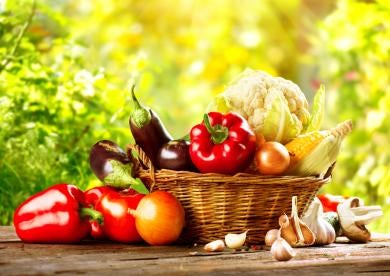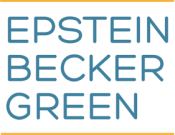The U.S. Food and Drug Administration (FDA) is extending the compliance dates for verification activities for food-contact substances (FCSs), such as packaging materials, under the Foreign Supplier Verification Program (FSVP) regulation by two years. FDA made the announcement on August 24, 2016, in a final rule (81 Fed. Reg. 57,784) that extends and clarifies the compliance dates for certain provisions in four of the foundational rules implementing the Food Safety Modernization Act (FSMA). The changes are intended to address concerns about the practicality of compliance with certain provisions, better align compliance dates across the rules, and address technical issues.
In June 2016, FDA met with industry representatives at industry’s request, and the Agency was informed that the supply chain associated with imported substances used to manufacture food-contact substances is highly complex and very different from traditional food products subject to the FSVP regulation, and that any hazards associated with food-contact substances are already adequately addressed through the food additive petition and food-contact substance notification processes. After considering the information presented by the industry representatives, FDA determined that compliance with the requirement to conduct verification activities under the FSVP regulation for food-contact substances by May 30, 2017, might not be feasible. Accordingly, FDA is extending the applicable compliance date so that it can consider how best to address the feasibility concerns. In doing so, the Agency noted “the relatively rare occurrence of significant safety concerns associated with the manufacture of food contact substances and FDA’s extensive premarket approval and review processes for these substances under section 409 of the FD&C Act provide some assurances regarding safety during this time. The earliest revised compliance date is now May 28, 2019.
In addition to the FSVP rule, the other rules impacted by the extension of certain provisions are:
-
Current Good Manufacturing Practice, Hazard Analysis, and Risk-Based Preventive Controls for Human Food
-
Current Good Manufacturing Practice, Hazard Analysis, and Risk-Based Preventive Controls for Food for Animals
-
Standards for the Growing, Harvesting, Packing, and Holding of Produce for Human Consumption
For information on the changes to the other three rules, click here.




 />i
/>i


